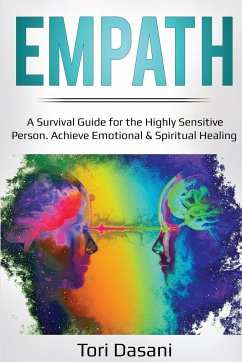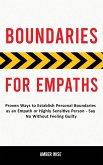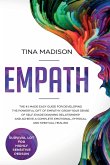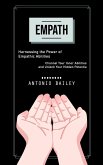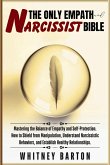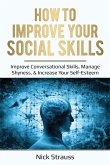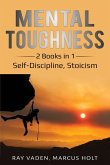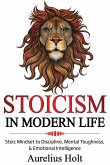Empathy is an emotional skill that most humans have some degree of mastery over. It allows us to feel emotions vicariously through others, and sometimes physical sensations as well. Most of us display a little empathy every day without ever being conscious of it because it is so integral to every aspect of our lives. Empathy is what compels us to yawn when we see someone else do it, to laugh at something funny, or to comfort someone in pain. Without it, all our interpersonal connections would be cold, calculated, robotic or callous; violence would be considered a simple and easy way to resolve conflict, and the feeling we know as "love" would be reduced to infatuation. We need empathy for society to function peacefully, and during times when it seems to be in short supply, we tend to idealize it. Many of us have come to see a person's ability to empathize with others as a measure of their best and strive to display our sensitivity to the emotions of others as often as possible. If we are accused of lacking empathy, we are likely to feel like we've just been called a monster. We see empathy as a positive, beneficial thing. But what happens when compassion stops being a choice? For some of us, the ability to empathize with others is so strong that it can be overwhelming, confusing, and emotionally draining. While sensitivity usually strengthens interpersonal bonds, extreme sensitivity can become a barrier, rather than a pathway to the connection. Many empaths develop unhealthy coping mechanisms and survival strategies to shut out the stress and negativity they might otherwise absorb from the world around them. Without guidance and support, some might establish a cynical or embittered attitude towards others, keeping themselves physically and emotionally closed off from new or unpredictable experiences, so that they might avoid getting bogged down by the emotional weight of other people's pain. But there is a better way. What if I told you that there is no need to dull your empathic sensitivities-that you could better protect yourself from negativity and energy depletion by learning more about your abilities, rather than distancing yourself from them?
Hinweis: Dieser Artikel kann nur an eine deutsche Lieferadresse ausgeliefert werden.
Hinweis: Dieser Artikel kann nur an eine deutsche Lieferadresse ausgeliefert werden.

